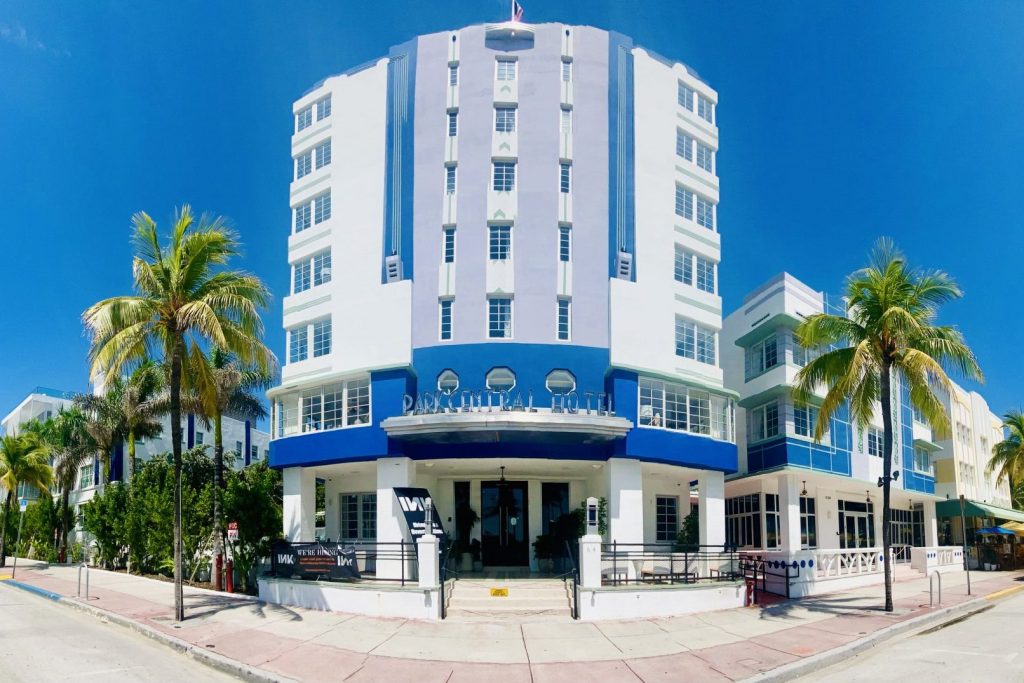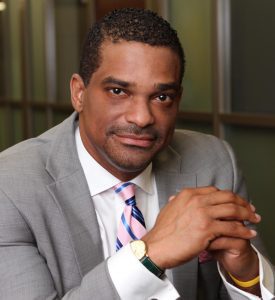Skift Take
Want to develop a hotel? Think beyond just room revenue. Money talks, and more investors like CGI want to see increased emphasis on social issues and sustainability going forward. So-called ESG is no longer a side thought.
Environmental and social issues are finally getting more recognition in the hotel investment arena, but it all comes down to location.
ESG — or environmental, social, and governance — are increasingly bigger topics of conversation in the financial realm. European hotel investors significantly outpace their peers in other parts of the world when it comes to sustainability-minded projects. U.S. investors lead the world when it comes to investments geared toward equality, Gilda Perez-Alvarado — the global CEO for JLL Hotels & Hospitality — said in an interview with Skift.
Conscious Certified Hotels, newly launched by investment firm CGI Merchant Group and that will operate under Hilton’s various soft brand collections, is the latest example of a hospitality group putting more stock in social issues.
Join Us at Skift Global Forum in NYC September 21-23
“There’s a consistent investing through our strategies for giving back. This is now taking it on steroids,” said CGI Merchant Group founder and CEO Raoul Thomas in an interview with Skift. “Our studies show that people that have a view to conscious travel and belief around these core values will stay longer in these hotels and pay a premium. Brand loyalty will come very organically and in a very sustainable way that, over time, the giving back is going to be dwarfed by the impact of return.”
CGI’s previously announced $650 million Hospitality Opportunity Fund will go toward acquiring more than 20 assets for the new brand over the next three years. Investors are focused on properties in gateway markets across North America and the Caribbean. Talks about partnering with Hilton on a socially minded hotel collection have been underway for a little more than two years, Thomas said.
Some of the first properties in the Conscious Certified Hotels collection include The Gabriel and Celino South Beach in Miami as well as a hotel in development on the campus of Morris Brown College, one of Atlanta’s historically black colleges and universities. The Gabriel is expected to be the first to open sometime in the fourth quarter of this year.
The new brand’s social mindedness extends to CCH planning to donate 1 percent of all room night revenue to local organizations. Each property would select non-profit organizations to donate to based on local needs around the key areas of education, employment, and poverty. The idea is that these donations would spur others in the area to follow suit.
“It will go into different initiatives that we think will have an exponential effect based on those dollars,” Thomas said. “That’s what we want to measure — not only the dollars themselves but the multiplier effect it is going to have in the areas where we invest.”
While 1 percent of revenue may not seem like a lot, industry analysts told Skift it is actually an impressive showing when you factor in how much of revenue is already earmarked towards costs like labor and debt payments and how volatile the hotel industry’s recovery from the pandemic has been.
There is an accountability measure to CCH’s embrace of social responsibility. An accompanying social impact tracker will enable the company to keep account of where funds are going and how much impact they have to an organization. Guests will also be able to track the individual impact a hotel has on its local community.
But this isn’t just a feel-good piece of news. Conscious travel is expected to become a booming market. More than half of global travelers in a 2019 Booking.com sustainable travel report said they were more determined to make sustainable travel choices than they were a year prior. They just wished there were more available options to choose from.
A concept like CCH will likely have bigger appeal to younger travelers, however.
“They’re going to experience differences depending on which generation of consumer they’re speaking to, so I would think that the concept would resonate more to the millennial and the Generation Z traveler for whom equality, social issues, and the environment rank really high in their list of worries,” Perez-Alvarado said. “Some of the older generations [like] baby boomers, for example, it’s a nice thing to have, but they’re not as focused. [For those travelers,] it’s really more about a traditional-type hotel.”
A Global Divide
The hotel investment community’s embrace of ESG is somewhat disjointed, with European investors favoring the “E,” or environmental component, while U.S. investors like Thomas lean more into the “S,” or social side of things.
Perez-Alvarado noted earlier this summer at the Skift Hospitality & Marketing Summit some sovereign wealth funds have dumped existing holdings in favor of more sustainable ones. But she cautioned a major hurdle to clear is showing some of these investments can be profitable along with their social or environmental embrace.
Investors appear to be rallying around the idea.
“In March [2020], the conventional wisdom was the crisis would divert attention from climate,” BlackRock CEO Larry Fink wrote earlier this year in his annual letter to CEOs. “But just the opposite took place, and the reallocation of capital accelerated even faster than I anticipated.”
Fink’s letter earlier this year noted investors in mutual funds and exchange-traded funds from January through November of last year pumped $288 billion into sustainable assets — a 96 percent jump from the entirety of 2019.
Thomas expects a similar boost in investor interest around social impact.
“Urban development and impact in the next 10 years is going to be transformative and change your perspective of how you look at investing. Real estate will not conform to the traditional views of location, location, location,” Thomas said. “Mobility and the onset of technology is going to transform the way we have to look at investing in commercial real estate.”
That thinking may not be limited to some of the largest cities of the world, either.
“The concept is very applicable, whether it’s Big Town or Small Town, USA,” Perez-Alvarado said. “It goes above and beyond just the compensation of your staff but really how you engage with the community and what economic impact that building or that business has with the town where it operates.”
Have a confidential tip for Skift? Get in touch
Tags: coronavirus, coronavirus recovery, hilton, hotel investments
Photo credit: The Celino South Beach Hotel in Miami is slated to be one of the first properties to open under the Conscious Certified Hotels imprint. CGI Merchant Group

